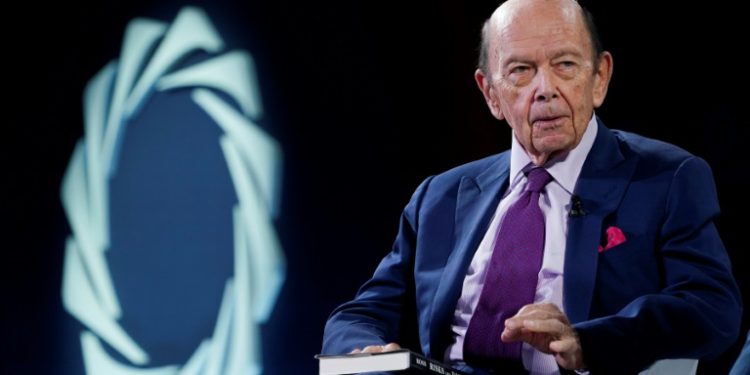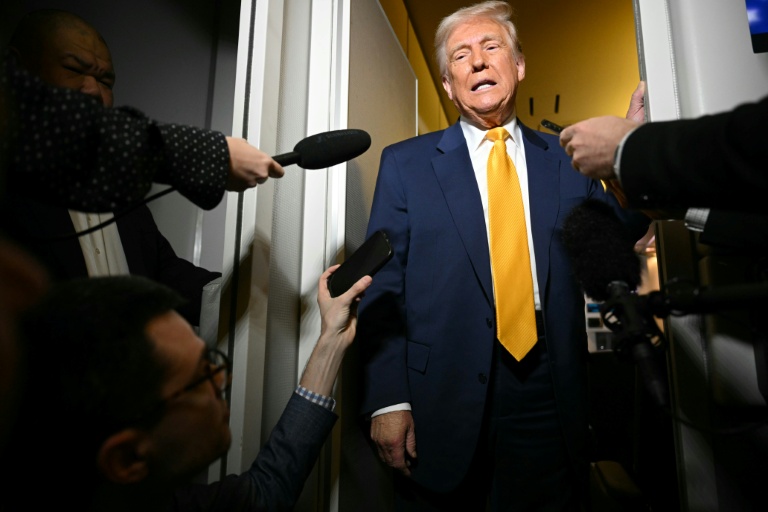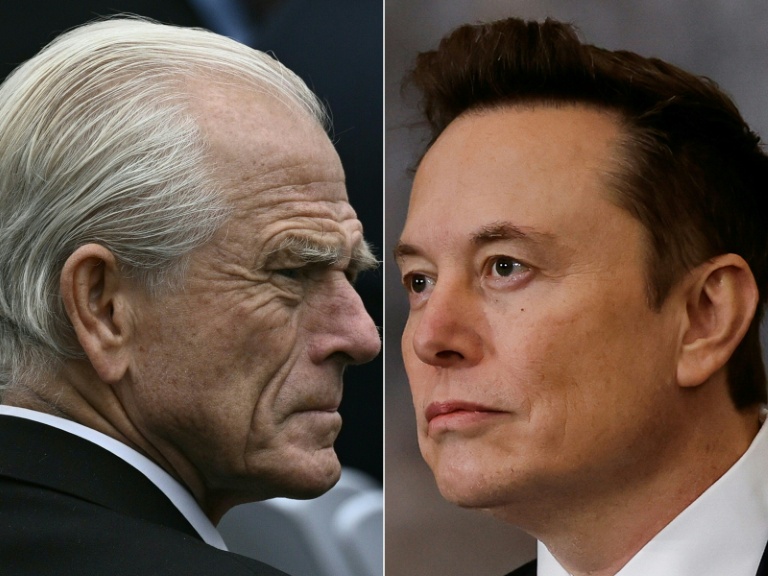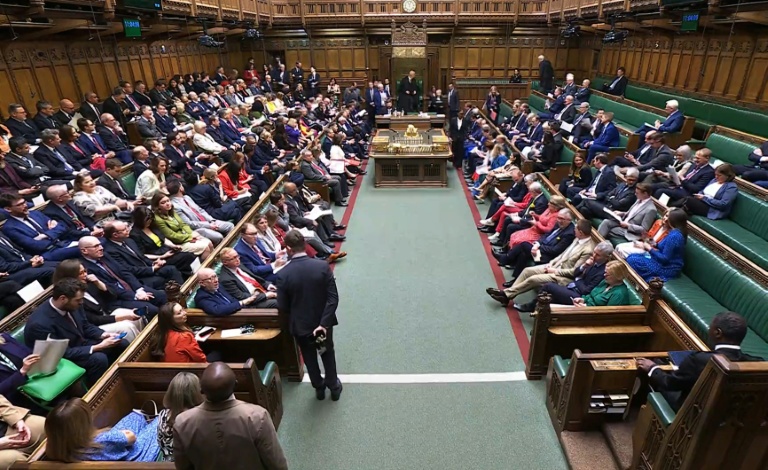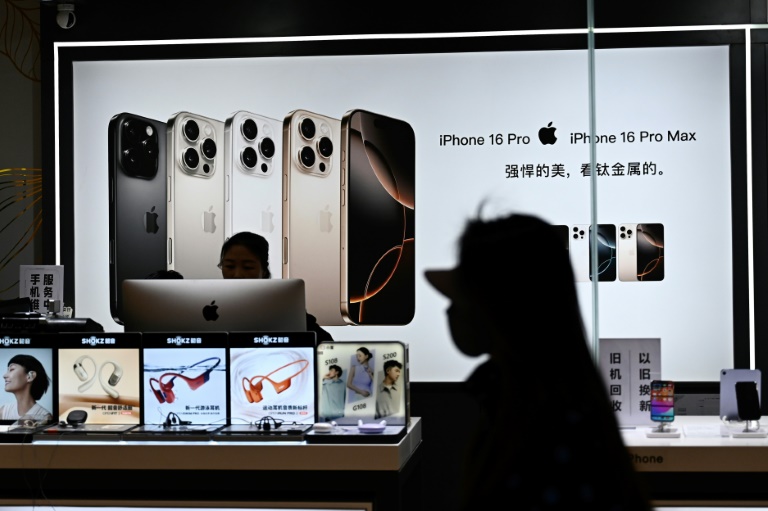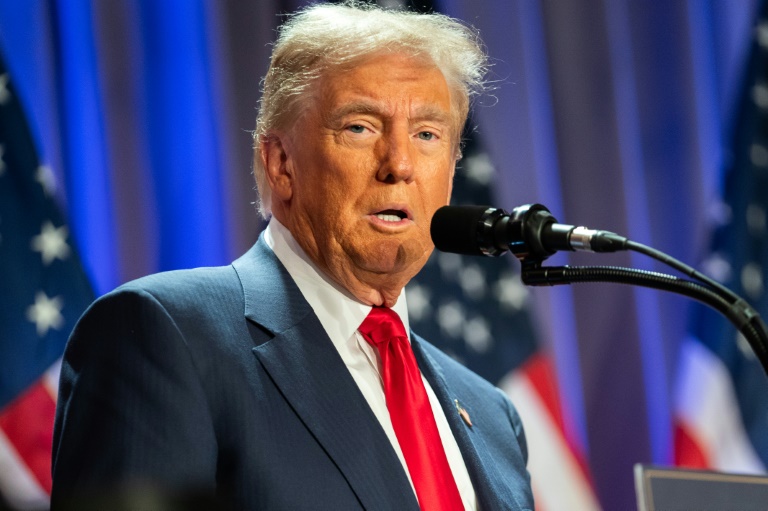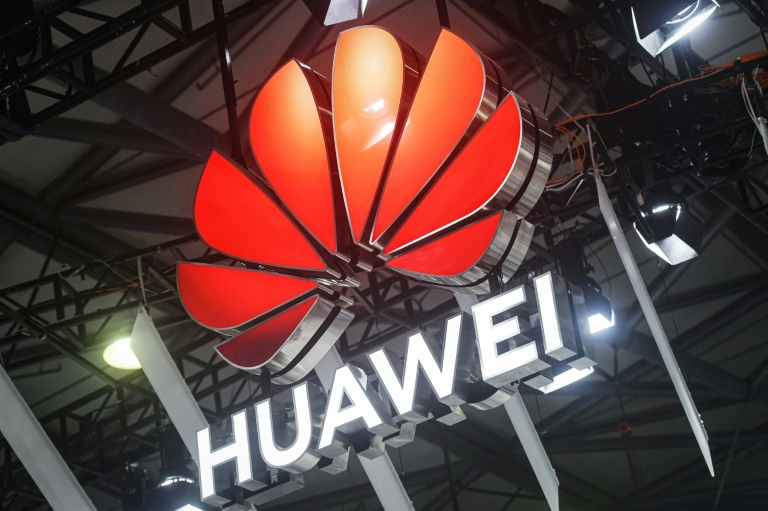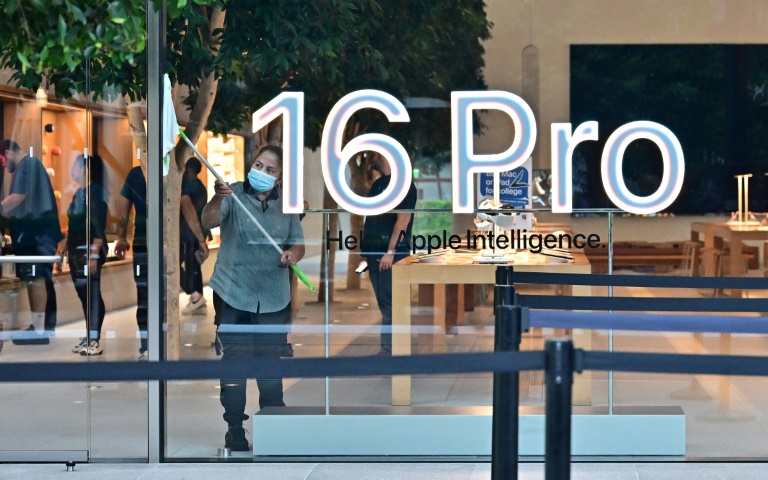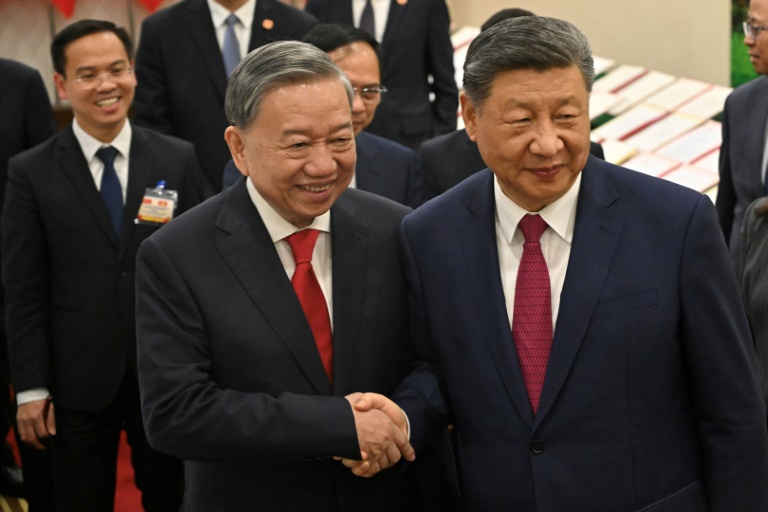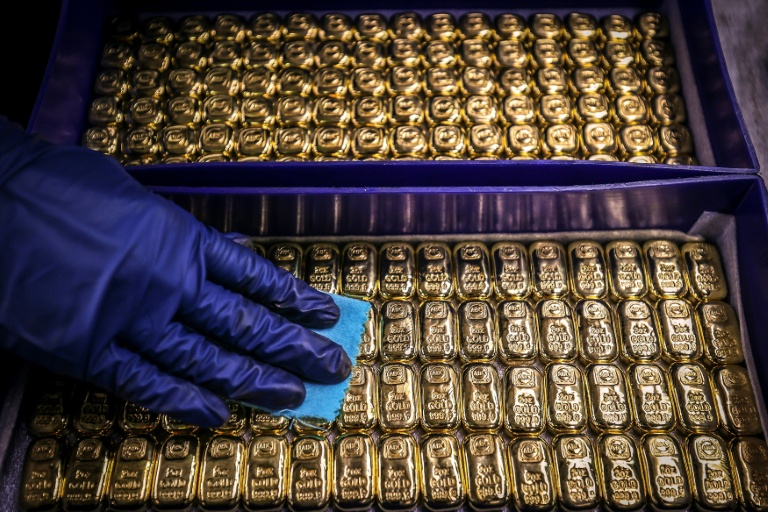Washington (AFP) – Donald Trump’s staff choices will ensure he faces less internal pushback on his aggressive economic policies, such as tariff hikes, than during his first term, former commerce secretary Wilbur Ross told AFP Monday. Ross, who served throughout Trump’s 2017-2021 presidency, indicated that his ex-boss has a bigger pool of supporters with both government and business experience to choose from this time around.
“That is not to say that the cabinet would just give a blank check to everything that he wanted to do,” Ross told AFP in an interview. The 86-year-old said he does not expect everyone to be aligned on an across-the-board 10 percent tariff on all imports or a steep 60 percent tariff rate on Chinese goods, as Trump floated during the campaign trail. “But I don’t know of anybody who is just inherently opposed to Trump’s policies,” he said of the president-elect’s appointees so far.
While Trump made swift and sometimes controversial choices for his new administration shortly after winning the November 5 presidential election, he took a longer time deciding his top economic team. Last week, he named his transition team co-chair Howard Lutnick his commerce secretary and billionaire hedge fund manager Scott Bessent to helm the Treasury Department. Both will need to be confirmed by the Senate. His choice of Bessent was particularly cheered by Wall Street, with the Dow Jones Industrial Average closing at a record on Monday afternoon.
Trump has yet to select his trade envoy, but said Lutnick would have direct responsibility over the US Trade Representative’s office — an agency separate from the Commerce Department. It is unclear if Trump’s former USTR Robert Lighthizer would return to the same role, but Ross said he expects him to remain influential within the president-elect’s orbit.
During his first term, Trump encountered fierce disagreement from top economic adviser Gary Cohn, who resigned in protest at his decision to impose steep US tariffs on imported steel and aluminum. Ross noted that even Cohn’s replacement as White House economic advisor, Larry Kudlow, was initially less inclined to implement tariffs compared with someone like Lighthizer or himself at Commerce. “Elsewhere in the government, both at the senior, permanent staff level and elsewhere in the White House, you had also divergent views on trade,” Ross said.
Trump also imposed duties on hundreds of billions of dollars in Chinese goods during his first term, part of an escalating trade war with the world’s second biggest economy that sparked pushback from even some Republicans in Congress. This time, Ross said, Trump is less likely to face opposition from congressional Republicans given that several stronger proponents of free trade have retired. There is also more consensus on tariffs both within the Republican party and across party lines, Ross argued.
“I think the myth of free trade has largely been dispelled,” he said. He described countries as tending to seek a greater global economic share rather than simply exporting what they produce best and importing other goods they need. Defending Trump’s position on tariffs, Ross said it does not work to impose them on just one country, like China, as businesses can simply re-route products through other economies. He expects Trump’s eventual trade policy should not be seen as “irrational,” noting that there will likely be exceptions for goods like semiconductors, for which the United States remains reliant on other countries. “I really think it depends a lot on how other countries start reacting to his overture,” added Ross, who has just released his memoir.
© 2024 AFP

